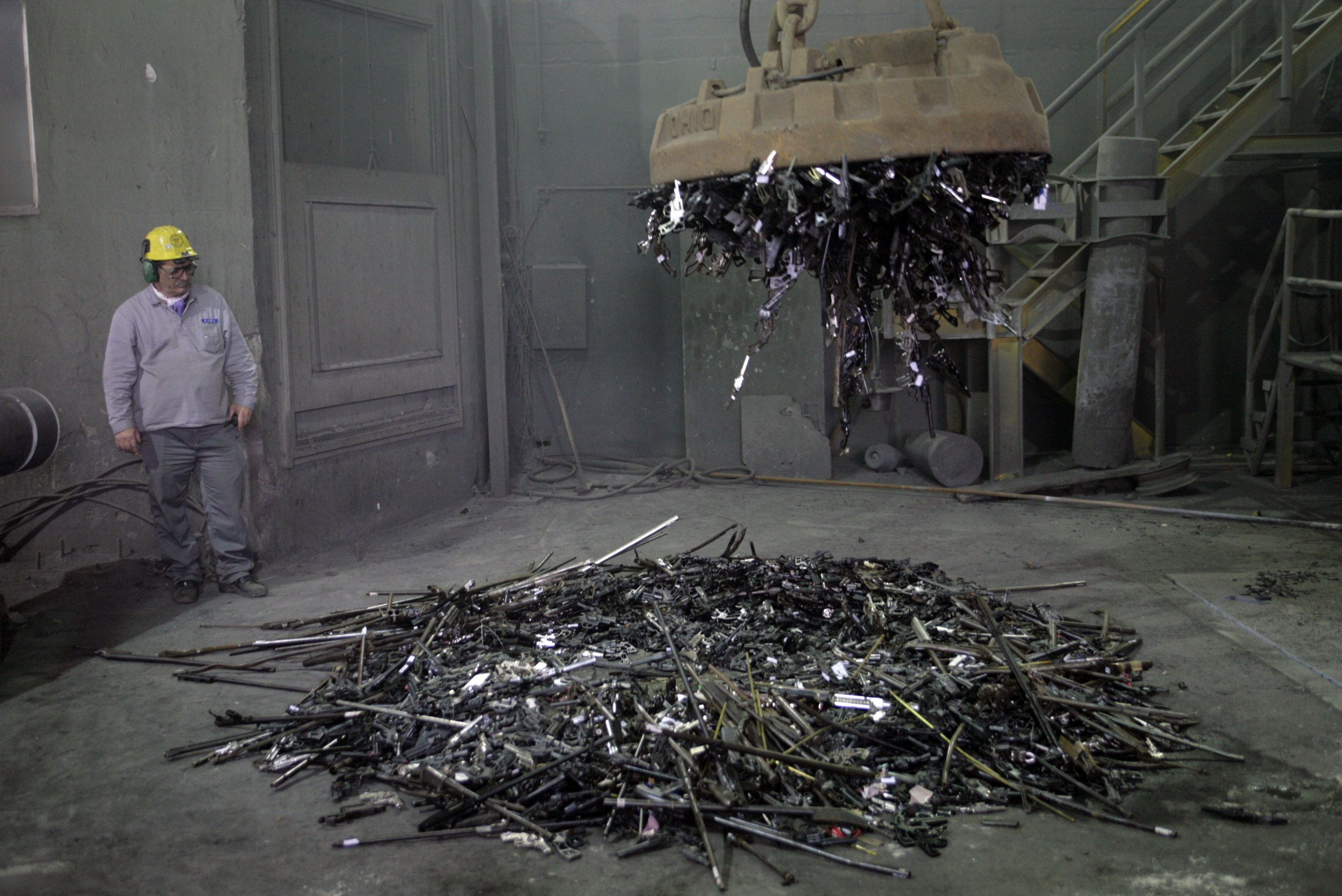
In the world of physicists, heat and sound are considered very similar, since both are structured from and transported by the vibration of atoms. Now, tor the first time, these types of energy have also both been shown to have magnetic properties.
In a study published in the journal Nature Materials, researchers from Ohio State University showed that they could change the direction of the flow of heat using a very strong magnet, under extremely cold conditions.
This is merely a proof of principle, but it could have "all kinds of applications in the future," says study author Joseph Heremans, a physicist and materials science engineer. One potential application includes the creation of heat switches that could control the flow of thermal energy, he says.
"Controlling heat has been a dream of humanity," he says. If you could control the flow of thermal energy, you could, for example, store the heat of the sun inside an insulated reservoir, for later use as warmth or a source of electricity, he notes. It could also make all manner of energy production more efficient, since heat loss is one of the primary challenges to efficiency.
It wasn't easy to prove, Heremans says, in part because the researchers had to cool down a very strong magnet to minus 450 degrees Fahrenheit (minus 268 degrees Celsius). This was necessary to eliminate as much vibrational energy as possible from interfering with the study results, Heremans says.
Heat and sound are both transmitted by the vibration of atoms. Each of those atoms has electrons circling its nuclei. These negatively charged particles create a very weak electromagnetic current, Heremans says, which can be affected by an external magnet. This force can bend the waves that make up these vibrations, causing them to change direction, he points out.
The scientists tested this first at extremely cold conditions because they wanted to "have a pure, very simple system" in which to demonstrate it could be done. But Heremans thinks it could also work at room temperature, something he and his colleagues hope to investigate in the near future.
Uncommon Knowledge
Newsweek is committed to challenging conventional wisdom and finding connections in the search for common ground.
Newsweek is committed to challenging conventional wisdom and finding connections in the search for common ground.
About the writer
Douglas Main is a journalist who lives in New York City and whose writing has appeared in the New York ... Read more
To read how Newsweek uses AI as a newsroom tool, Click here.








